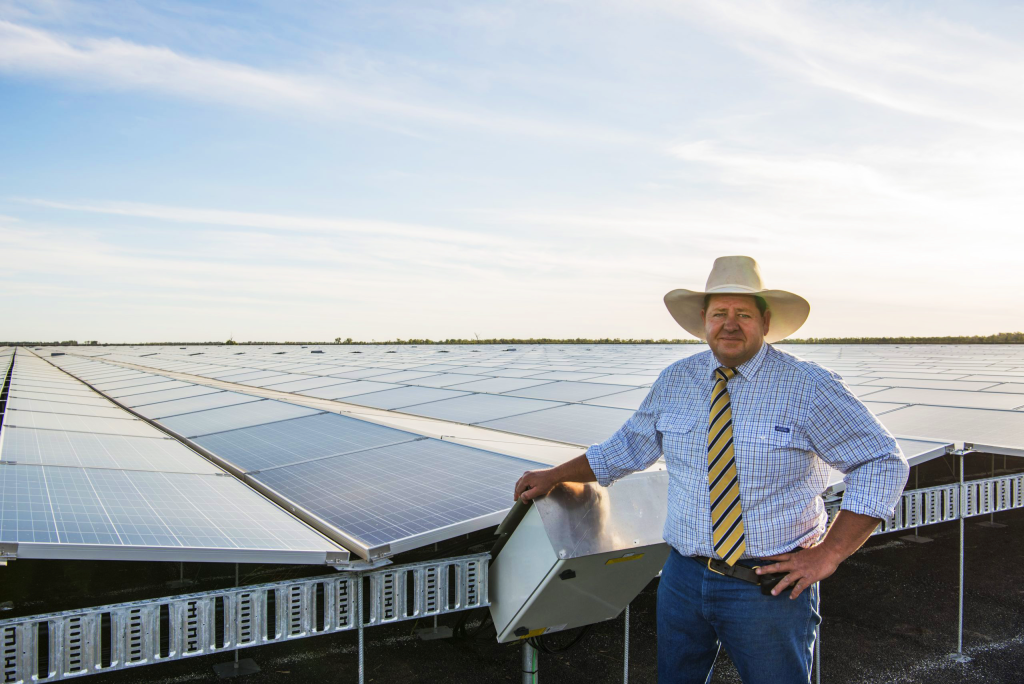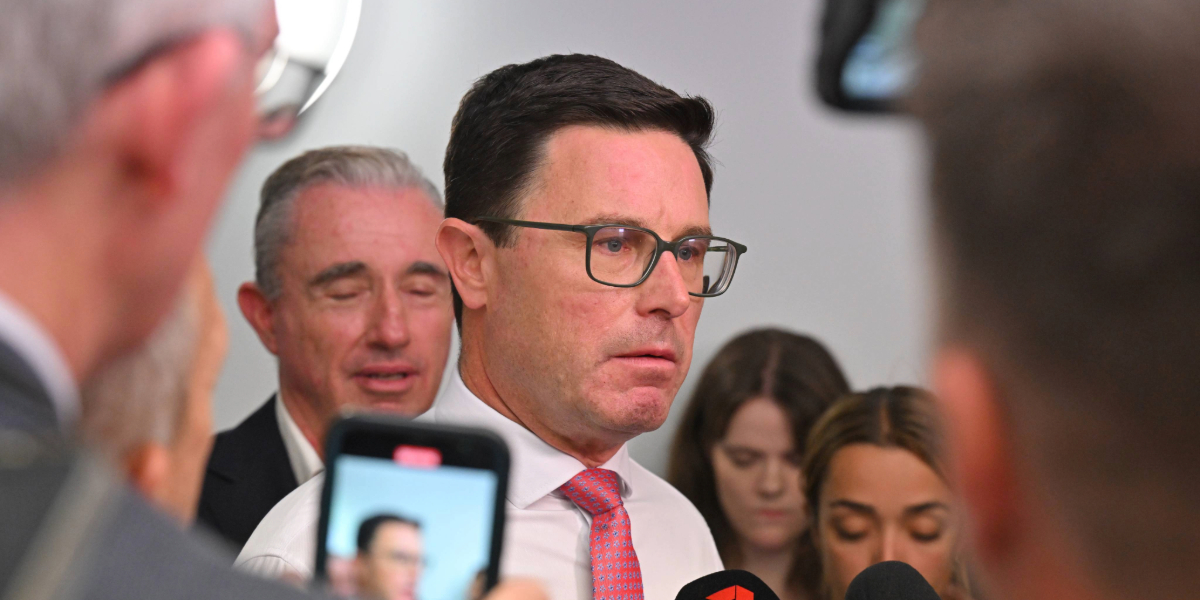The he-said, she-said, drama of the Nationals and Liberals has continued, with some movement towards reconciliation today, but some prominent New England leaders think they should stay separate.
Both the Liberal Party and National Party are claiming the other side has conceded to demands and they have re-entered ‘good faith’ negotiations towards forming a coalition. Both sides have delayed naming their front bench wile the talks continue, with the Nationals dropping their demand to be allowed to break cabinet solidarity, and the Liberals willing to discuss the four policy areas insisted on by the Nationals.
Claims and counter claims about what the split is “really” about have been flung back and forth, with few observers believing the claims of the Nationals that it was about policies. A leaked letter from Senate Leader Bridget McKenzie revealed the split may have its origins in Senator Jacinta Nampijinpa Price’s defection to the Liberals.
Furious conversations and an avalanche of commentary has taken place since the split was announced by National Party Leader David Littleproud in a hasty press conference on Tuesday. Former leaders including former Prime Ministers Tony Abbott and John Howard, and former Deputy Prime Minister John Anderson, have implored the leaders to sort it out as quickly as possible, emphasising the need to be an effective opposition to the Labor government.
New England leaders weigh in
Member for New England and former Deputy Prime Minister Barnaby Joyce, who was not in the party room for the decision to end the coalition as he is still recovering from surgery, has also voiced a similar opinion. He told Sky News he hoped the situation would be resolved as a split would diminish the capacity of the conservative parties to perform the role of opposition effectively, but noted some aspects remained unclear.
“It seems to be a bit of a bouncing ball, but why would you hope for a less-than-effective capacity to hold the government to account, and to be quite frank, chaos?”
However some prominent New England figures have spoken out in support of the split.
Former member for New England Ian Sinclair, who represented our region for nearly 35 years from November 1963 until his retirement in August 1998, was leader of the Nationals during the coalition’s five-month split in 1987, which was triggered by the Joh for PM push. He told AAP a split after an election wasn’t unusual and issues would eventually be resolved.
“It has happened before and will happen again,” he said.
“It’s quite a healthy thing.”
Moree Plains Shire Councillor, farming leader and founder of the CountryMinded Party, Pete Mailler, was strongly of the opinion that the Nationals could serve our region better outside of coalition.
“I’ve always argued that you shouldn’t have coalitions in opposition,” he said.
“My view is that the National Party need to really look really hard at being prepared to sit outside of coalition, and make use their balance of power to get the best deal from whichever side of government’s going to give them the best deal.”
“And Labor is probably more likely to give regional Australia a good deal, if the National Party is prepared to leverage that relationship.”
Mailler said that if neither the Labor Party or Liberal Party have a majority, then the National Party should switch to “deal-making mode”, entering an agreement with whichever major party is going to give Regional Australia the best deal.
“In many circumstances the National Party hold the balance of power and don’t use it, they sit in opposition when they don’t have to.”
“If you want what’s best for your constituents, then you ought to be prepared to sit in the cross bench and use the power that you’ve got,” Mailler said.
“But when you lock yourself to one side and you sit in a really safe seat, it makes our voice pretty irrelevant in Canberra.”

No come back for CountryMinded
The CountryMinded party was established by Mailler and colleagues in 2014 as an alternative party to represent the regions. The party merged with the Australian Democrats in 2018, after achieving their stated goal of registering a political party and demonstrating there can be an alternative to the Nationals in rural areas.
“The Nationals just live off the reputation they inherited. People have got this idea of the Nats, but that’s not what the Nationals are.”
Mailler, who also once stood as the lead Senate candidate for Katter’s Australian Party in NSW, says he is no longer involved in party politics but thinks there is a real need to have an alternative credible choice for rural voters. He believes the Teal movement is not the answer, but says CountryMinded won’t be making a comeback.
“I think it needs to be done… but I wouldn’t entertain doing it again the way we did it.”
“I think the teal movement is really interesting, but I don’t think it would work in the bush. I know it worked in Indi, but Indi is different.”
“Where we really struggled was in getting across the electorate.”
The vast geographic size of seats like New England and Parkes, with multiple different communities and regional identities, make it difficult to form a grassroots movement in the model used by the Teal candidates in smaller electorates.
Mailler feels that the ‘Trumpy’ propaganda and purely ideological policy platform used by the National Party has also made having sensible policy discussions in our region difficult, which will hamper any alternative force coming forward to capitalise on the current coalition chaos.
“I think the problem with the Nats policies is that they are not based in genuine knowledge or science – they’re big on Alternative Facts.”
“Their confirmation bias is really profound,” he said.
“I’m a farmer. I know that the biggest threat to my business generally is the weather. So climate issues are absolutely front of my mind all the time, trying to work out what’s the weather risk I’m exposed to.”
“I’m not a zealot, I’m a scientist.”
“And I just get really sad that [the Nationals] embolden that ideological position in the culture of the community, that ‘reject the science’ sort of stuff.”
Mailler says that the opportunity for renewables in rural Australia is “really profound” and that full potential of the energy transition, as well as many other opportunities for regional and rural development and growth, are being missed while the Nationals stick to their “insane” opposition to renewables and dealing with climate change.
“I can’t abide the Nats because ultimately they are increasing our risk all the time by denying the problem, and resisting the need for any effort to help to mitigate and/or mitigate our emerging reality.”
“I think everyone is going to suffer badly for that.”
Got something you want to say about this story? Have your say on our opinion and comment hub, New England Times Engage

